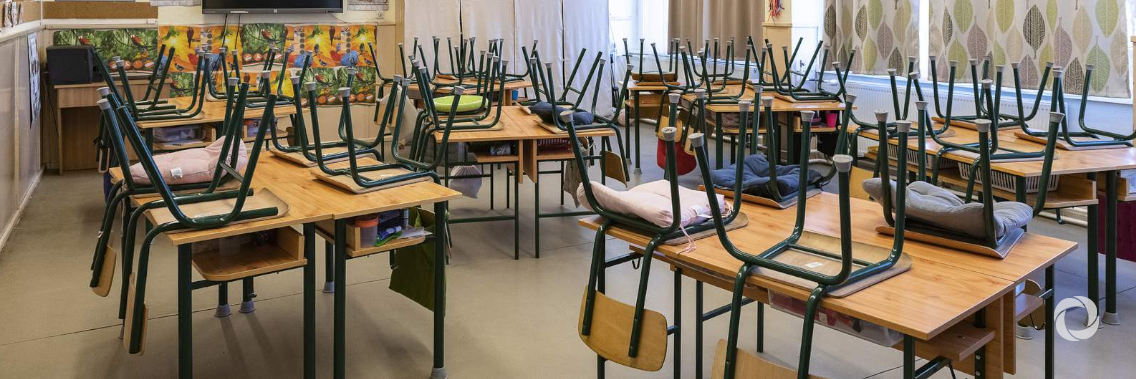The Council of Europe Development Bank (CEB) has approved a € 150 million loan to the Hungarian government to finance the modernisation and expansion of school infrastructure, including facilities used for physical education activities.
The CEB loan builds on the previous financing provided by the Bank in support of the National Public Educational Infrastructure Development Programme (NPEIDP), an initiative launched in 2014 by the government in order to address qualitative disparities in education among various regions and areas in Hungary. Specifically, the programme aims to put in place modern classrooms and physical education facilities that would ensure equal access and development opportunities for all youth, regardless of the revenue-generating capacities of local governments.
The investments under the second phase of the NPEIDP will cover the expansion of classrooms in primary and secondary schools and the construction of physical education facilities and swimming pools for educational purposes. Most of the improvements will benefit the Central Hungarian Region, which sees its population rise continuously and is experiencing a shortage of space in primary schools, with teaching sometimes taking place in makeshift or container classrooms. In addition, these investments are not eligible for funding from other sources such as the EU.
The remaining investments under the CEB loan will provide for the construction of new sports and training facilities in several municipalities across Hungary. Part of the loan will be used for the construction or rehabilitation of primary and secondary schools that are not included in the NPEIDP and which are not eligible for funding from EU resources.
All facilities to receive financing under this loan will be child-, disability-, and gender-sensitive. Improvements will comply with high energy performance standards and thus cut down on energy costs for the existing facilities and reduce the environmental impact of new constructions. About 9 500 children living in 77 municipalities in Hungary are expected to benefit from the infrastructure improvements.
Original source: CEB
Published on 25 March 2020

